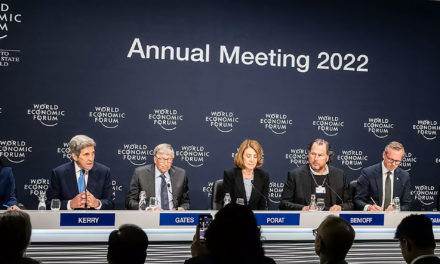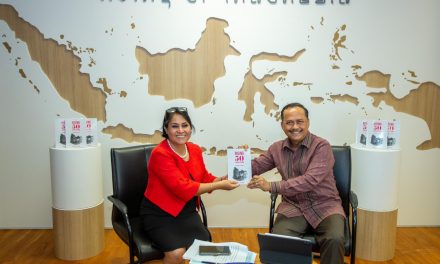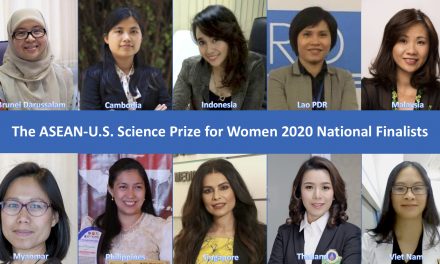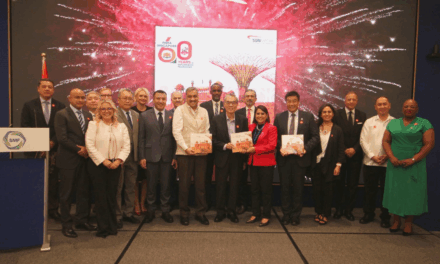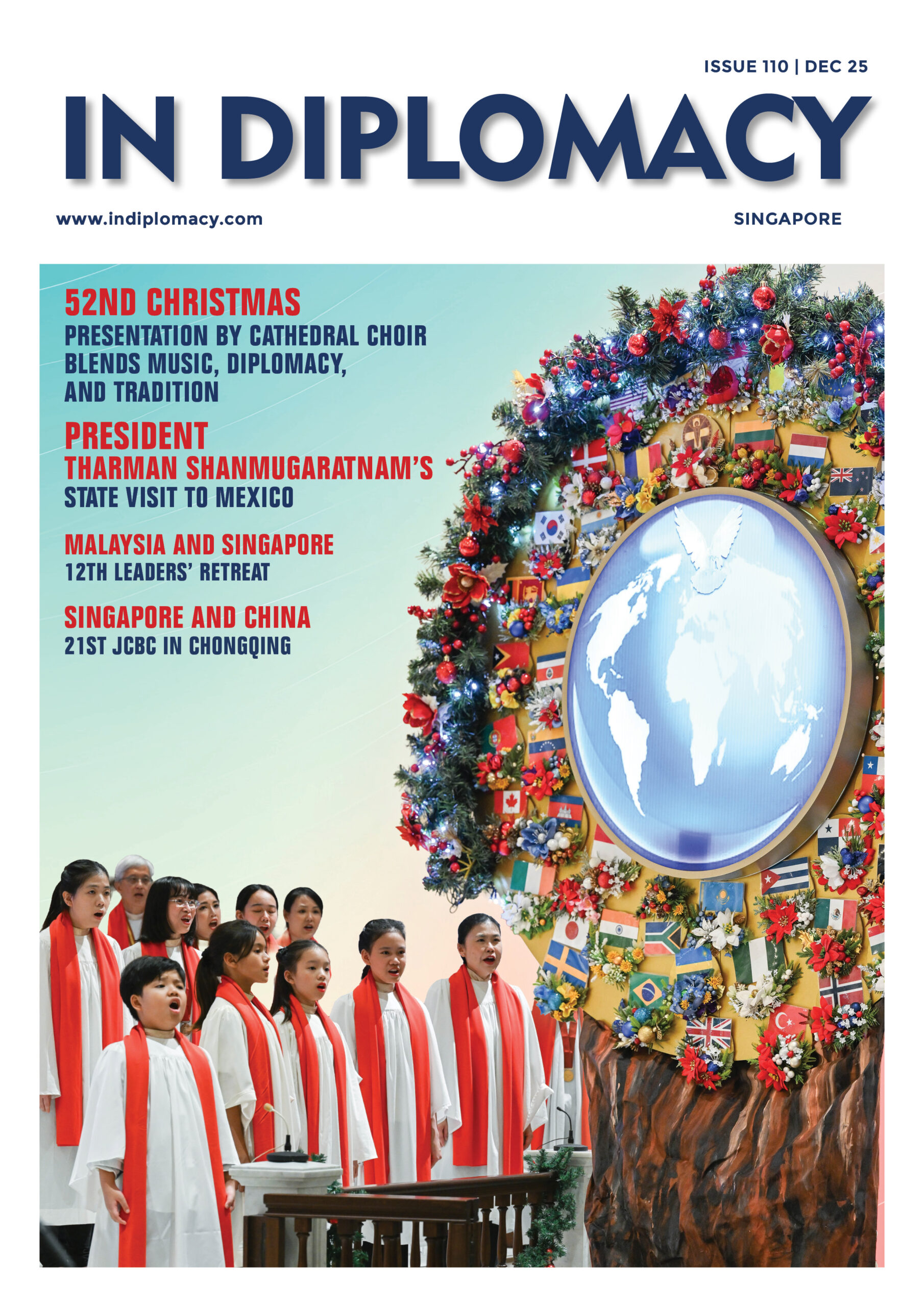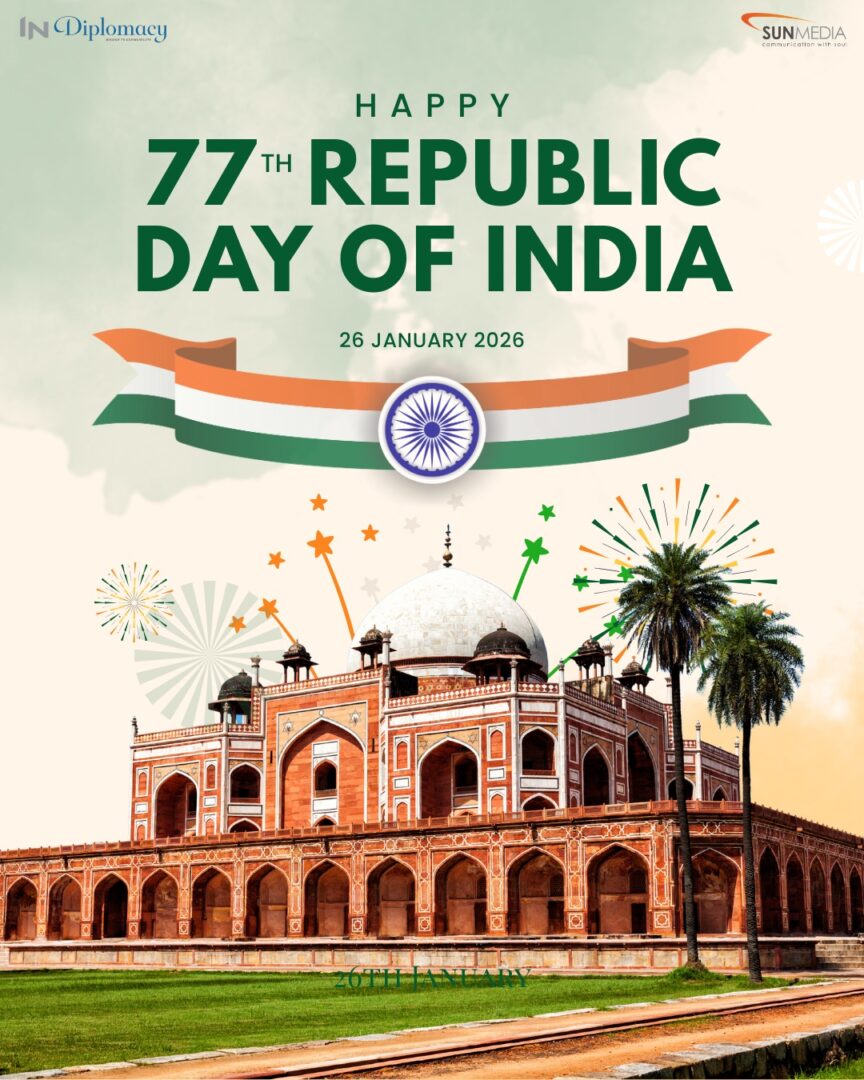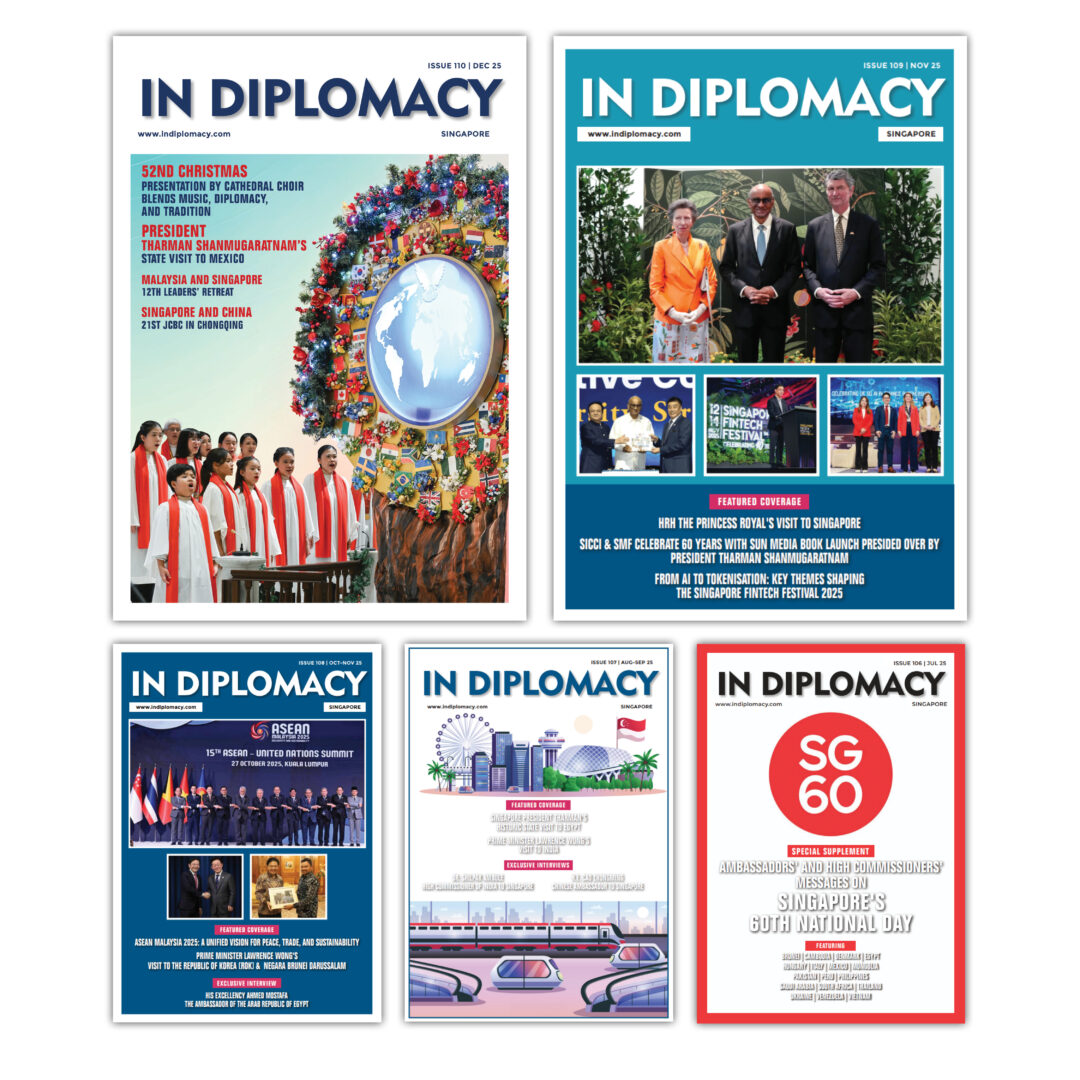India’s Foreign Secretary Harsh Vardhan Shringla delivered a virtual address to MIT World Peace University in Pune for the Indian perspective on tackling the COVID-19 Crisis. The Foreign Secretary now represents India as C airman of the WHO Executive Board

IN his speech to the faculty and students of the university, India’s Foreign Secretary Harsh Vardhan Shringla said that despite India’s participation and strong support for many international organisations such as the UN and ASEAN etc, “Nothing, however, has prepared the world for COVID-19, and we are still dealing with what the international community could do to address such situations.”
He went on to highlight how Health Diplomacy is now thrust into the forefront because of the pandemic. “Health diplomacy is a subset of this larger machinery of multilateral diplomacy. WHO says that global health diplomacy brings “together the disciplines of public health, international affairs, management, law and economics and focuses on negotiations that shape and manage the global policy environment for health. The relationship between health, foreign policy and trade is at the cutting edge of global health diplomacy and now the term “global health governance” is now widely used,” said the Foreign Secretary.
“He (Prime Minister Modi) also pointed out the need to strengthen and reform intergovernmental organizations like WHO, which continue to be based on the last century’s models and which are driven more to balance competing individual interests, rather than advance the collective interests of all human kind.”
HE Harsh Vardhan Shringla India’s Foreign Secretary and Chairman of the WHO Executive Board
Main ‘Actors’
He said, “We can see this positive correlation between health and wealth playing out on the global health stage in a number of ways. There is steep increase in the number of credible “actors” in global health governance. More meetings are happening. More ideas are generated. More funds are available. More problems are being highlighted. More solutions are being discussed and more is being done.”
He outlined that an unprecedented number of international organisations are working on health. WHO, UNICEF, UNAIDS, UNFPA are some of the prominent ones. International financial institutions such as the World Bank and ADB, and several bilateral financial and development agencies, have a strong interest in healthcare.
Then there is a growing number of non-state actors who point out to a “mainstreaming” of health in the collective consciousness such as the Gates Foundation, Carter Foundation, Clinton Foundation, Rockefeller Foundation, and the Wellcome Trust – to name a few. They are able to bring resources and capacities to the table that can sometimes match, or even exceed, those of states.
Most Innovative
Another category of actors that might be the most innovative. These are the non-state and public-private “hybrid” players. This category includes players such as GAVI (Global Alliance for Vaccines and Immunisation), CEPI (Coalition for Epidemic Preparedness and Innovation), Global Fund for AIDS, TB, and Malaria, PEPFAR (President’s Emergency Program for AIDS Relief), and the Global Financing Facility. They are akin to special purpose vehicles, bringing an intense focus to particular problems and working methodically and swiftly to deliver results. India has been a participant in some of these key programmes.
Reforms
Foreign Secretary Vashar echoed India’s External Minister S. Jaishankar remarks at the BRICS Ministers’ of Foreign Affairs video conference on 28th April 2020 where the Minister emphasized that the current challenge underlined all the more the need for reform of multilateral systems.
The Indian Foreign Secretary also recalled Prime Minister Narendran Modi’s address to the Extraordinary Virtual G20 Leaders Summit on 26 March 2020: “He (Prime Minister Modi) emphasized the need to put human beings, rather than economic targets, at the centre of our vision of global prosperity and cooperation. He also pointed out the need to strengthen and reform intergovernmental organizations like WHO, which continue to be based on the last century’s models and which are driven more to balance competing individual interests, rather than advance the collective interests of all human kind.”
Towards this end, India has recently been chosen as Chairman of the WHO Executive Board.It will be looking at ways to strengthen multilateral frameworks to deal with such challenges, promote new crisis-management protocols and procedures for an inter-connected global village and develop more adaptive, responsive, affordable and humane health care systems and resources that can be deployed globally.
To read the full speech please click here

